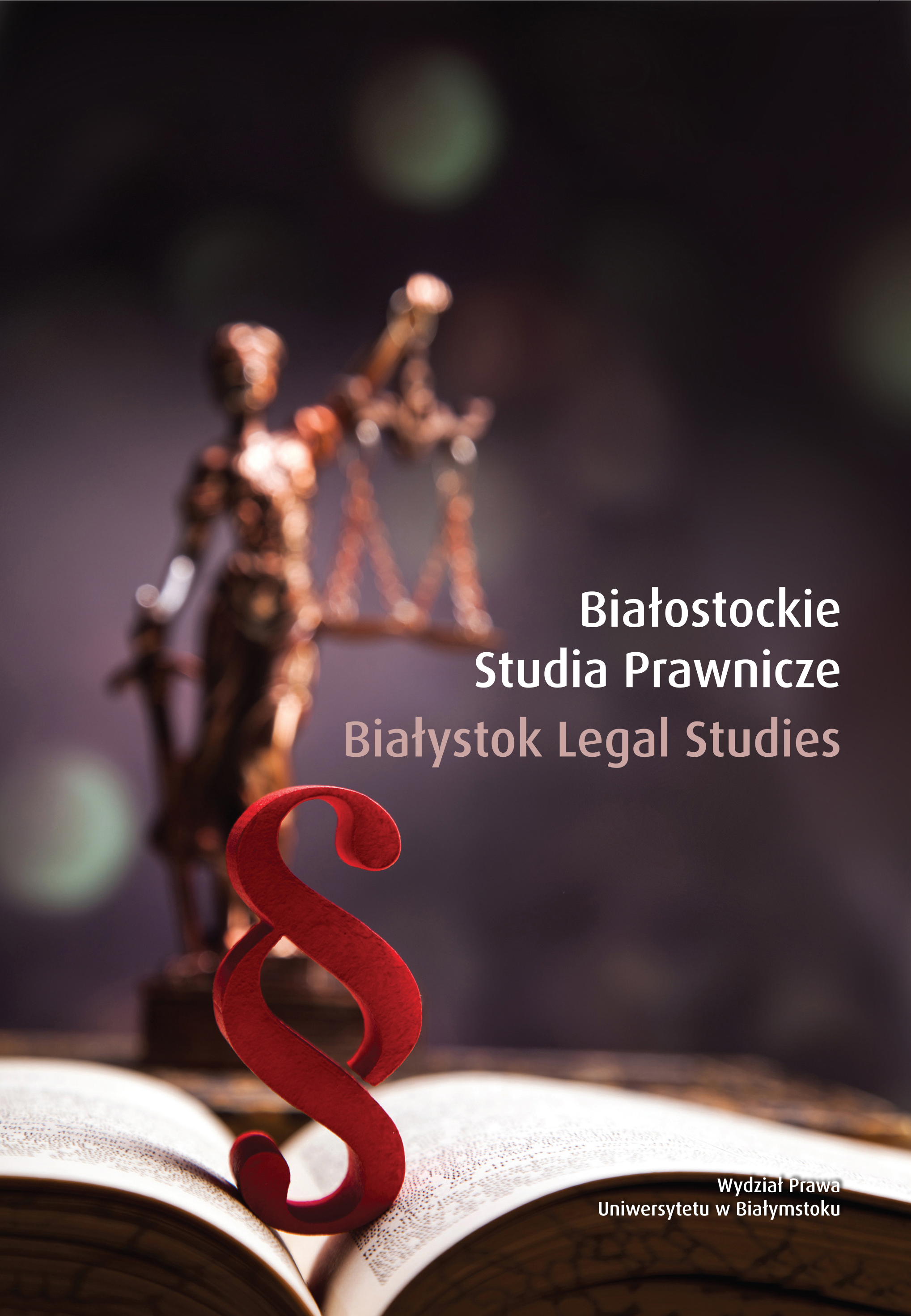Postal Voting and Voting by Proxy as an Alternative Voting Methods in the Light of the Electoral Code in Poland
Abstrakt
On 1 August 2011, the Electoral Code, a new act that comprehensively regulates electoral matters in the Republic of Poland, became effective. The article is devoted to the two new mechanisms incorporated in Polish electoral law: postal voting and voting by proxy. The author analyzes them as alternative voting methods in the light of the Electoral Code. Judgments of the Polish Constitutional Tribunal, the Code of Good Practises in Electoral Matters adopted by the Venice Commission and the doctrine of Polish constitutional law, are also taken into consideration. The article focuses on the procedural issues of postal voting and voting by proxy, as well on potential threats to the principle of personal voting and safety of the elections. In the author’s opinion, the new alternative voting methods warrant considering Poland as a state that strives to overcome electoral barriers that hinder participation in public life for a large groups of voters. These provisions constitute an important step towards fuller implementation of the principle of universal suff rage and to enable citizens to truly participate in the broadest possible scope.Bibliografia
Bannon D.P., Electoral participation and Non VoterSegmentation, (in:) W.W. Wymer Jr, J. Lees – Marshment (eds.), Current Issues in Political Marketing, Binghampton 2006
Blondel J., Sinnott R., Svensson P., Representation and voter participation, European Journal of Political Research 1997, No. 32
Błaszczak A., Zbieranek J., Gwarancje korzystania z czynnego prawa wyborczego przez osoby starsze i osoby z niepełnosprawnościami, Biuletyn RPO. Źródła 2012, No. 8
Chmaj M., Skrzydło W., System wyborczy w Rzeczypospolitej Polskiej, Warszawa 2011
Ellis A., Gratschew M., Pmmet J.H., Thiessen E., Aktywizowanie wyborców. Inicjatywy z różnych państw świata, Warszawa 2008
Krasnowolski A., Głosowanie przez pełnomocnika, głosowanie antycypowane i głosowanie korespondencyjne w krajach europejskich i Kanadzie, Warszawa 2006
Kryszeń G., Standardy prawne wolnych wyborów parlamentarnych, Białystok 2007
Mordwiłko J., W sprawie ustanowienia z polskim prawie wyborczym instytucji pełnomocnika oraz możliwości głosowania drogą pocztową (głosowania korespondencyjnego), Przegląd Sejmowy 2001, No. 1
Pintor R.L., Gratschew M. (esd.), Voter Turnout Since 1945: A global Report, Stokholm 2002
Skotnicki K., Przebieg prac nad Kodeksem wyborczym, (in:) K. Skotnicki (ed.) Kodeks wyborczy. Wstępna ocena, Warszawa 2011
Szabo Z., Distance voting, Raport sporządzony na potrzeby Zgromadzenia Parlamentarnego Rady Europy, Doc. nr 11434 z 12 lipca 2007, Parliamentary Assembly Working Papers, Ordinary Session 21-25 January 2008, vol. 1
Qvortrup M., First past the Postman: voting by Mail In Comparative Perspective, The Political Quarterly 2005, vol. 76, No. 3
Qvortrup M., Absentee Voting in a Comparative Perspective: A Preliminary Assessment of the Experiences with Postal Voting, Submission for The Joint Standing Committee on Electoral Matters, Australian Federal Parliament, text available at academia.edu
Zbieranek J., Nowe procedury: głosowanie korespondencyjne i przez pełnomocnika, (in:) K. Skotnicki (ed.) Kodeks wyborczy. Wstępna ocena, Warszawa 2011
Zbieranek J., Alternatywne procedury głosowania w Polsce na tle państw Unii Europejskiej, Biuro Analiz Sejmowych 2011, No. 3



